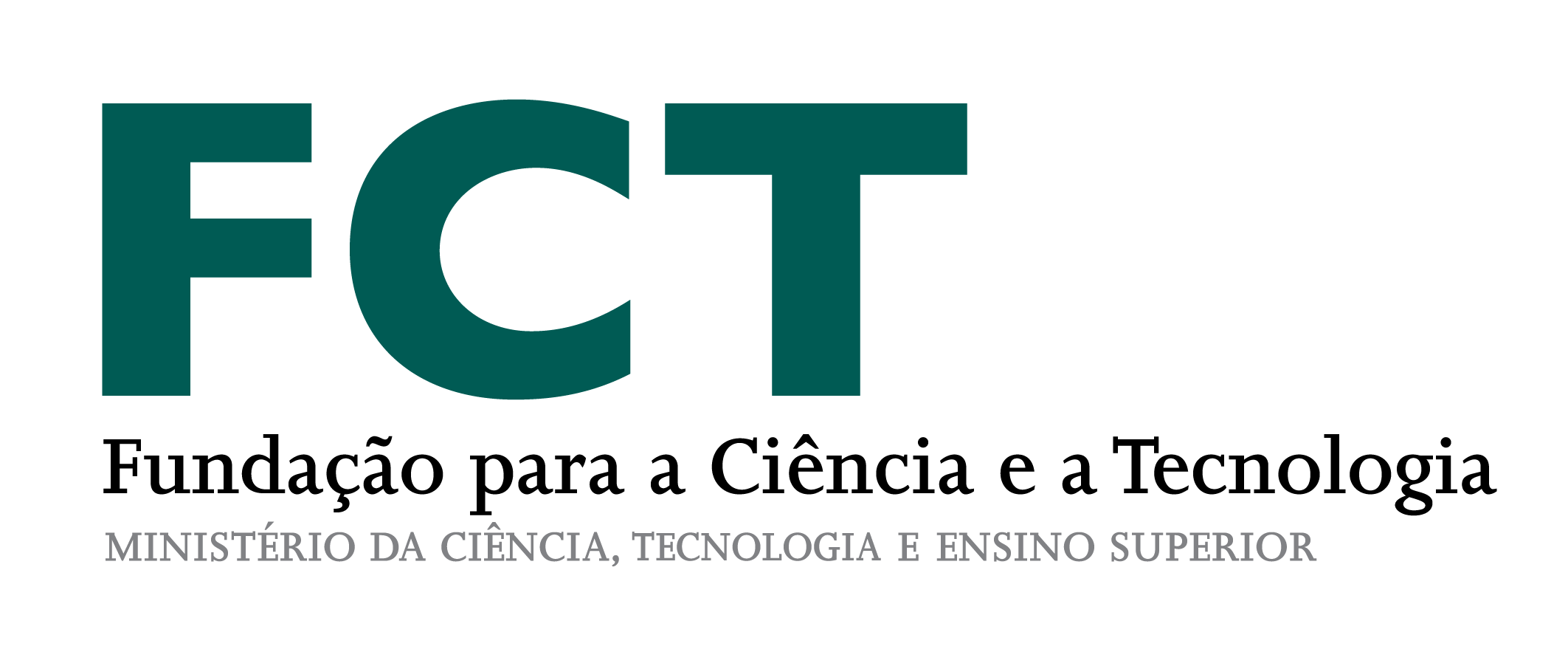Salud y Población LGBTI+ en Chile: desde la invisibilidad a un enfoque identitario
Caterine Galaz*, Catalina Álvarez Martínez-Conde**, Rodolfo Morrison***
* Facultad de Ciencias Sociales de la Universidad de Chile, Comuna de Ñuñoa, Santiago de Chile, Chile
https://orcid.org/0000-0001-6301-7609
** Universidad Autónoma de Barcelona, Departamento de Psicología Social, Barcelona, España
https://orcid.org/0000-0002-2137-965X
*** Universidad de Chile, Independencia, Santiago de Chile, Chile
https://orcid.org/0000-0002-2834-1646
Health and LGBTI+ People in Chile: From invisibility to an identity-based approach
Public policies on non-heterosexual sexualities in Chile have shifted from an intentional invisibility to a recent focus on the identity of LGBTI+ people. After the dictatorship, the category of “sexual diversity” in health became gradually acknowledged as a right, at the same time that regulations were established about legitimate practices of making/being for LGBTI+ people. Through a discourse analysis of health regulations, plans and guidelines, we present an historical analysis of the way in which views about sexual orientation and gender identity have evolved in this area from the end of the dictatorship (1990) to the present. Three forms of action have emerged over time: a) invisibility as a norm or “policy of non-policy”; b) a problematic construction of sexual orientation and gender identity; c) identity overspecification of public health policies.
Keywords
gender identity, sexual behaviour, public policy, health, sexual diversity
Saúde e população LGBTI + no Chile: da invisibilidade a uma abordagem identitária
As políticas públicas sobre sexualidades não heterossexuais no Chile passaram de uma invisibilidade intencional a um posicionamento identitário recente. Após a ditadura, a categoria “diversidade sexual” em saúde foi-se estabelecendo como um direito, ao mesmo tempo que se regulamentaram as práticas legítimas de ser/fazer das pessoas LGBTI+. Por meio de uma análise discursiva das normas, planos e diretrizes de saúde, analisa-se historicamente como se foram sedimentando nesta área as visões sobre orientação sexual e identidade de género no Chile desde o fim da ditadura (1990) até o presente momento. Emergem três formas de ação ao longo do tempo: a) a invisibilidade como norma ou a “política da não política”; b) uma construção problemática da orientação sexual e identidade de género; e c) a sobre-especificação identitária nas políticas públicas de saúde.
Palavras-chave
identidade de género, comportamento sexual, políticas públicas, saúde, diversidade sexual
Las políticas públicas sobre las sexualidades LGBTI+ no heterosexuales en Chile han pasado de una invisibilización intencionada hasta un reciente posicionamiento identitario. Luego de la dictadura, la categoría de la “diversidad sexual” en salud se ha ido posicionando como un derecho, a la vez que estableciendo regulaciones respecto a cuáles son las prácticas legitimadas de ser/hacer de las personas LGBTI+. A través de un análisis discursivo de normativas, planes y directrices de salud, se analiza históricamente cómo se han ido sedimentando en esta área las visiones sobre la orientación sexual e identidad de género desde el fin de la dictadura (1990) hasta la actualidad. Se condensan tres formas de actuación en el tiempo: a) la invisibilidad como norma o la “política de la no política”; b) una construcción problemática de la orientación sexual e identidad de género; y c) la sobreespecificación identitaria de la política pública en salud.
Palabras-clave
identidad de género, conducta sexual, política pública, salud, diversidad sexual
DOI: https://doi.org/10.22355/exaequo.2021.43.10

Copyright: Creative Commons – CC BY NC












